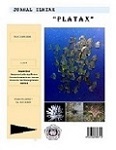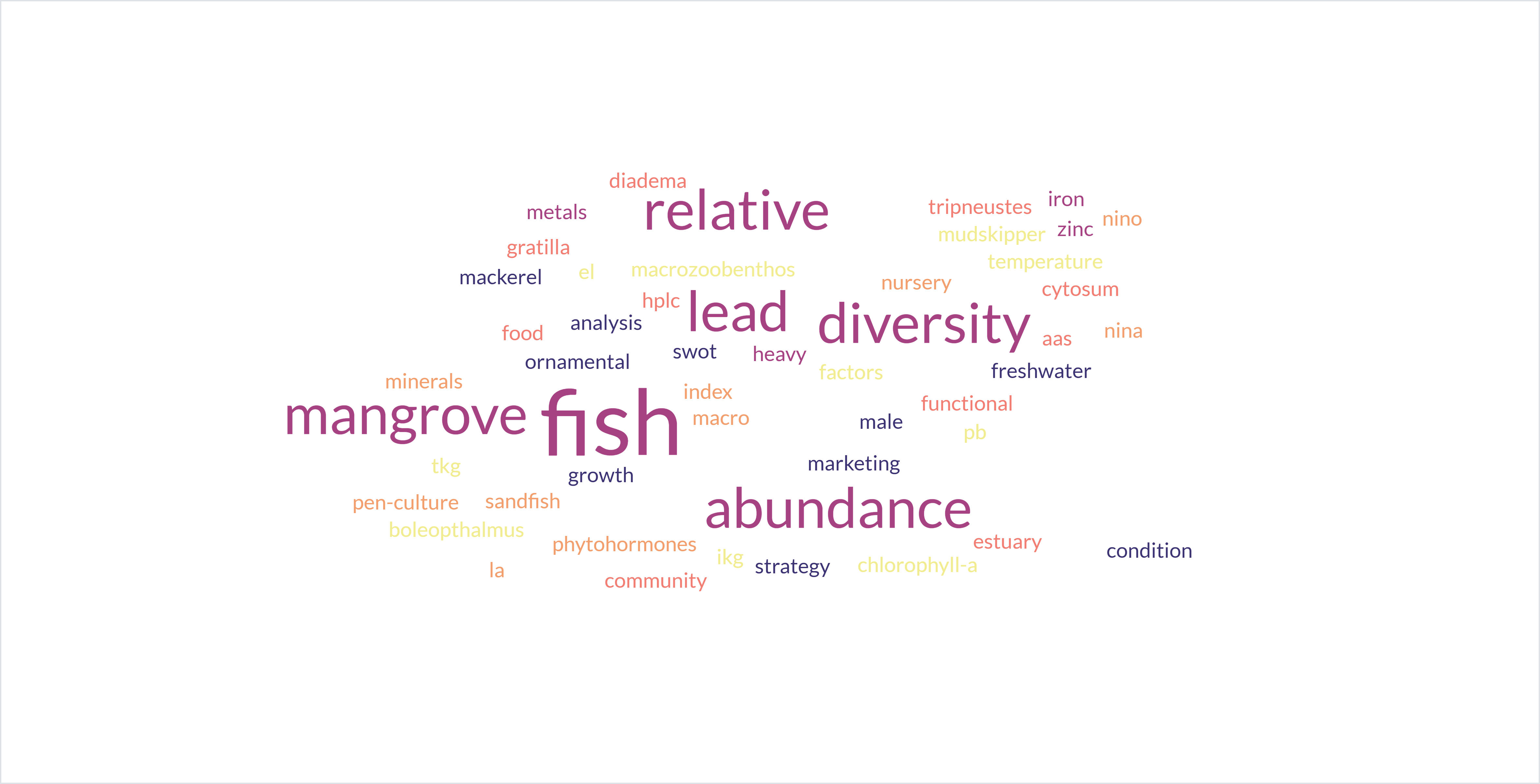The Ecological Adaptive Significance Of Littoraria scabra For Their Survivorship In Extreme Mangrove Environment Of Tombariri
DOI:
https://doi.org/10.35800/jip.6.2.2018.20576Abstract
This research was found the ecological adaptive significance for their survivorship in mangrove microhabitat was as follow resting place, avoiding high tide, finding food, lying larvae, avoid sunshine, and hiding from predators. Significance of clumped distribution was taken to reduce drying stress, temperature, fallen from substrate against wave strikes, feeding and reproduction activity, suitable habitat. Significance of population abundance to balance strong predation and response to pressure of nature selection for their survivorship.
Â
Key Words : Littoraria scabra, Â significance, ecology, survival, and mangrove
Â
ABSTRAK
Penelitian ini menemukan bahwa signifikansi ekologi Littoraria scabra untuk survival di mikrohabitat mangrove Tombariri yang ekstrim adalah sebagai berikut berfungsi sebagai tempat istirahat, menghindari perendaman air, mencari makanan, meletakkan larva, menghindar cahaya dan bersembunyi dari predator-predator. Signifikansi L. scabra distribusi spasial mengelompok untuk mereduksi stres kekeringan, suhu, terlepas di substrat akibat gelombang, aktivitas makan, reproduksi, kecocokan habitat. Signifikansi distibusi mengelompok dengan populasi tinggi untuk mengimbangi kuatnya predasi serta merespons tekanan seleksi alam yang kuat demi kelangsungan hidupnya.
Â
Kata Kunci : Littoraria scabra, signifikansi, ekologi, survival dan mangrove
Downloads
Published
How to Cite
Issue
Section
License
COPYRIGHT
Authors who publish with this journal agree to the following terms:
Authors hold their copyright and grant this journal the privilege of first publication, with the work simultaneously licensed under a Creative Commons Attribution License that permits others to impart the work with an acknowledgment of the work's origin and initial publication by this journal.
Authors can enter into separate or additional contractual arrangements for the non-exclusive distribution of the journal's published version of the work (for example, post it to an institutional repository or publish it in a book), with an acknowledgment of its underlying publication in this journal.
Authors are permitted and encouraged to post their work online (for example, in institutional repositories or on their website) as it can lead to productive exchanges, as well as earlier and greater citation of the published work (See The Effect of Open Access).






































